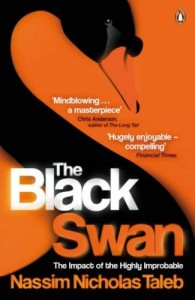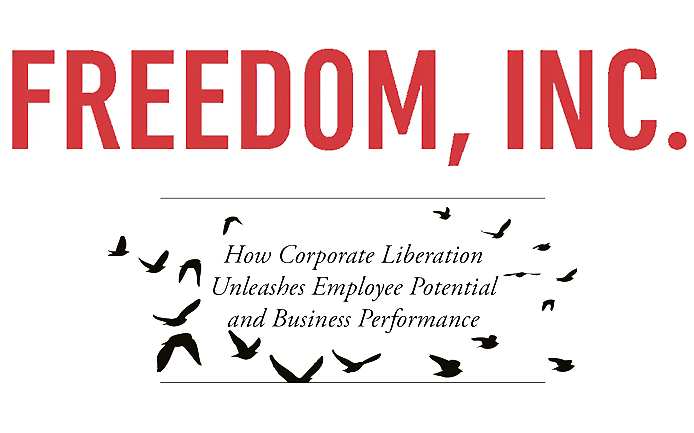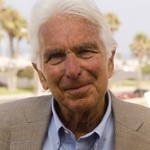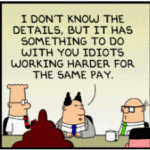 How the discoverers and entrepreneurs succeed in freedom–not through planning
How the discoverers and entrepreneurs succeed in freedom–not through planning
Much is written and taught about the ways to become a successful entrepreneur, to discover the next great idea, and more prosaically, to innovate in the company. The latest entrepreneurship approach is not on how to get you Business Plan A right, but B (in fact, F or G). In fact, there is a simpler name for it: experimentation, presumably low-cost, or you’ll run out of resources before you strike gold. Because innovation, discovery, entrepreneurship are stochastic, the more you try, the more you give yourself a chance to find something. The problem of course is that we either talk ourselves out of experimentation and into planning or we have “authorities” that talk us out of it. In economies, it’s called national R&D priorities, like the famed internet highway (made obsolete through the innovative compression of data then sent over existing cable and phone lines), and more. In companies, this is called R&D strategy or strategic marketing or some such orientation decided by the EVPs (Executive Vice-Presidents). Fortunately no one tells entrepreneurs where to search for ideas although the government subsidies may well divert them out of the experimentation and into the planned blind alleys.
Interestingly, as Nassim Taleb writes in his “Black Swan” book, this may not only prevent us from making many discoveries and creating successful companies but also in NOT spotting a Black Swan opportunity—the one that like Pixar’s studios idea of computerized cartoons forever changed the way Disney makes cartoons—to my deep regret. But let’s read Taleb:
Contrary to social-science wisdom, almost no discovery, no technologies of note, came from design and planning—they were just Black Swans. The strategy for the discoverers and entrepreneurs is to rely less on top-down planning and focus on maximum tinkering and recognizing opportunities when they present themselves. So I disagree with the followers of Marx and those of Adam Smith: the reason free markets work is because they allow people to be lucky, thanks to aggressive trial and error, not by giving rewards or “incentives” for skill. The strategy is, then, to tinker as much as you can.







